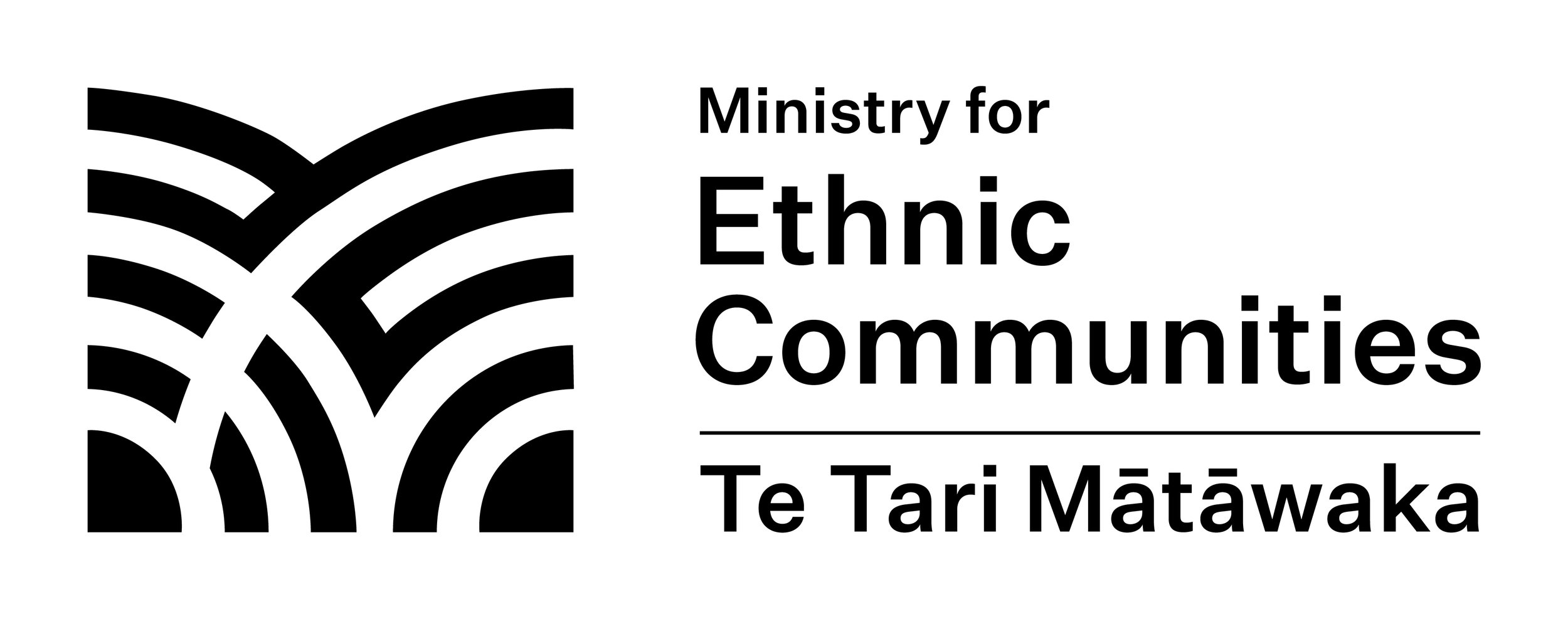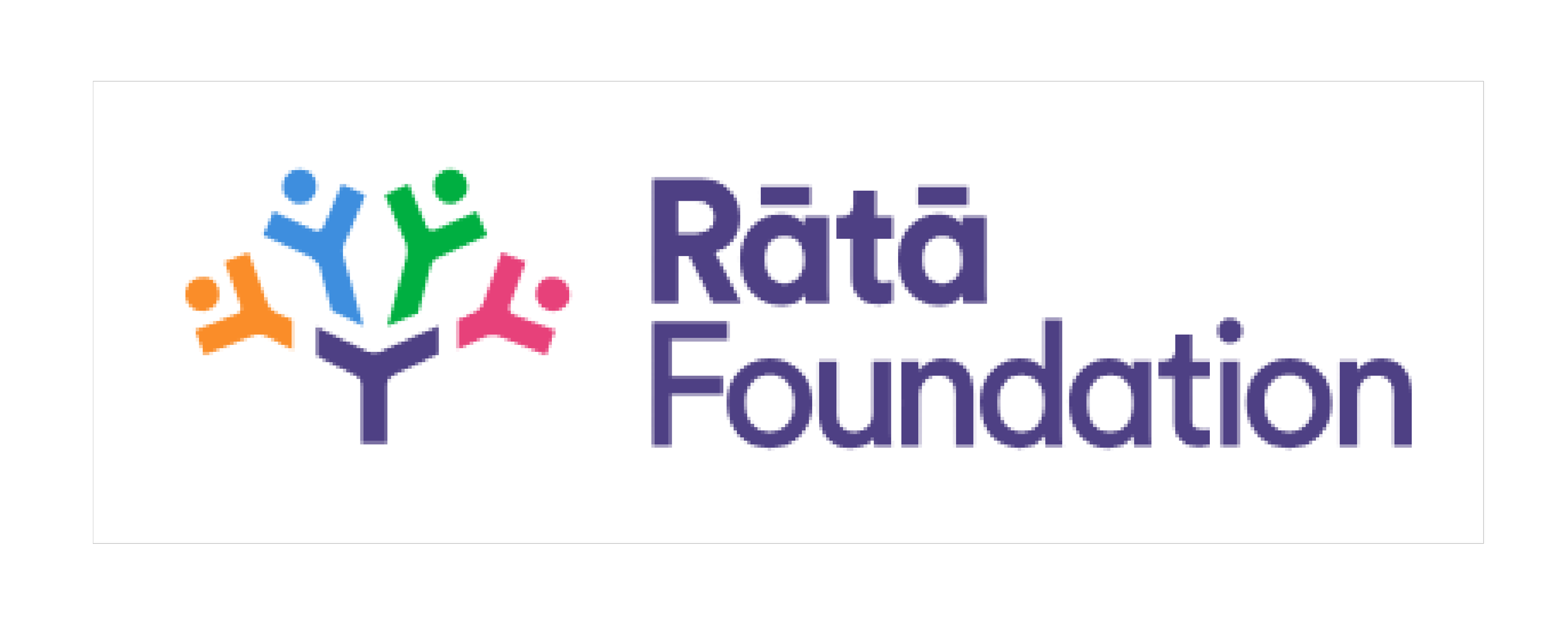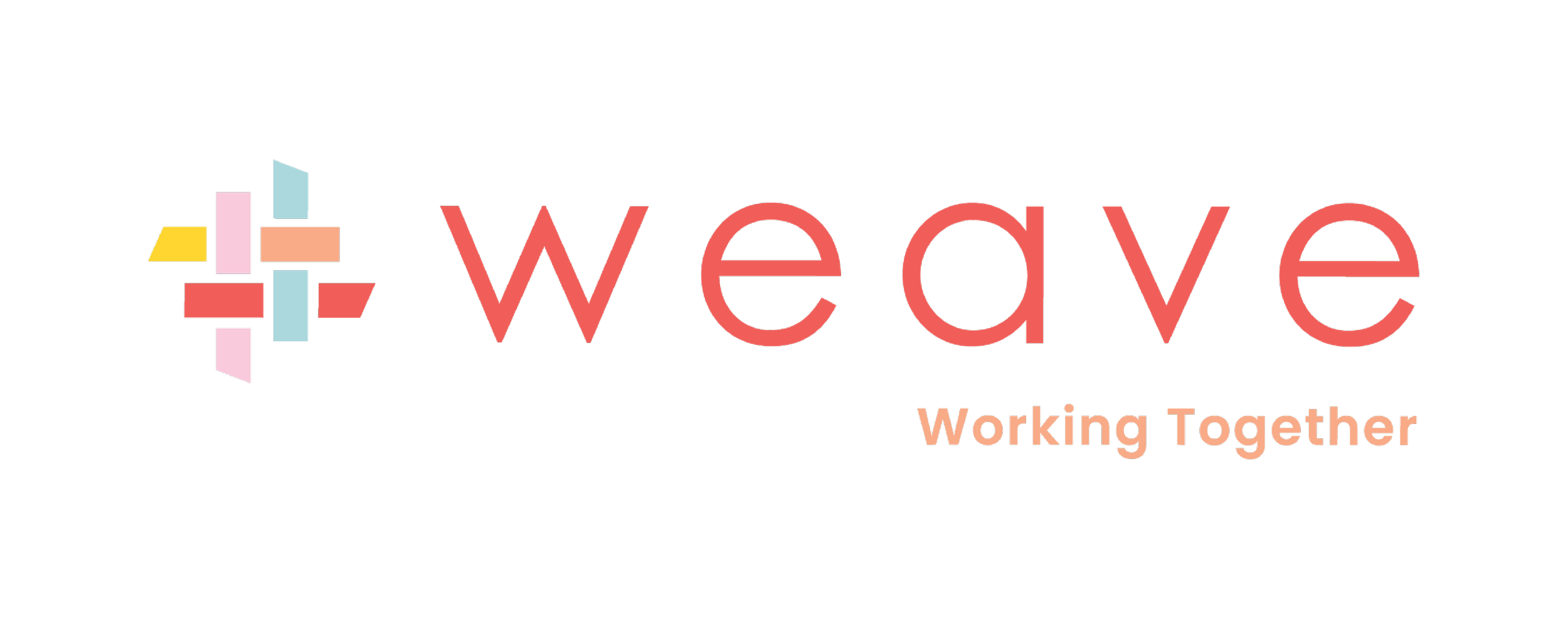About Us
Our Story
The work of InCommon is guided by Te Tiriti o Waitangi/The Treaty of Waitangi, the founding document of Aotearoa New Zealand. As an organisation led by Tangata te Tiriti/people of the Treaty we strive to develop and nurture honourable and respectful relationships with Māori as the Tangata Whenua/people of the land of Aotearoa and to fulfil our role as Te Tiriti partners.
We acknowledge Erin Matariki Carr’s (and others) interpretation of Te Tiriti o Waitangi as a framework for belonging and an invitation from Māori for all who have settled in Aotearoa to make this country their home.
Following the Mosque attacks that rocked Ōtautahi/Christchurch and Aotearoa New Zealand in 2019, the world witnessed an outpouring of aroha and compassion. InCommon is one of several grassroots response to these events, seeking to contribute to a more socially cohesive society, so that no other community experiences the outcome of extreme hate our communities have lived through.
InCommon began as a campaign in April 2021 by Ngai Tūāhuriri and Mayor Lianne Dalziel with the premise that connection across diverse groups leads to more social inclusion and less racist behaviours. This theory is also known as the “contact hypothesis”.
We have since developed into a community-based organisation that seeks to encourage and provide opportunities for people to value and connect with those from different cultural, ethnic and faith backgrounds. We see developing an ability to connect with others as the first step towards a more inclusive society.
Our mahi aims to interrupt the phenomenon of “homophily” - our unconscious biasing of others based on our visible differences. Homophily is what leads us, in a room full of strangers, to gravitate towards people who look like us and to potentially miss out on important opportunities for connection.
“InCommon is the vessel that has committed itself to bring all walks of life together on common ground no matter what that looks like.”
Our Strategic Themes
⓵
Creating opportunities for our community to actively engage, learn from and make meaningful connections with those from different backgrounds.
⓶
Supporting our community to feel confident to connect with people from different backgrounds.
⓷
Encouraging awareness of the value of meaningful connections with people from different backgrounds.
“The majority of residents do not make a conscious effort to engage with migrants [or former refugees].”
Our Impact
Read our latest impact report that showcases how and what we deliver to the community.
Our People
Our Advisory Group, Working Group and Board who make the mahi/work happen.
Our Project Delivery Partners



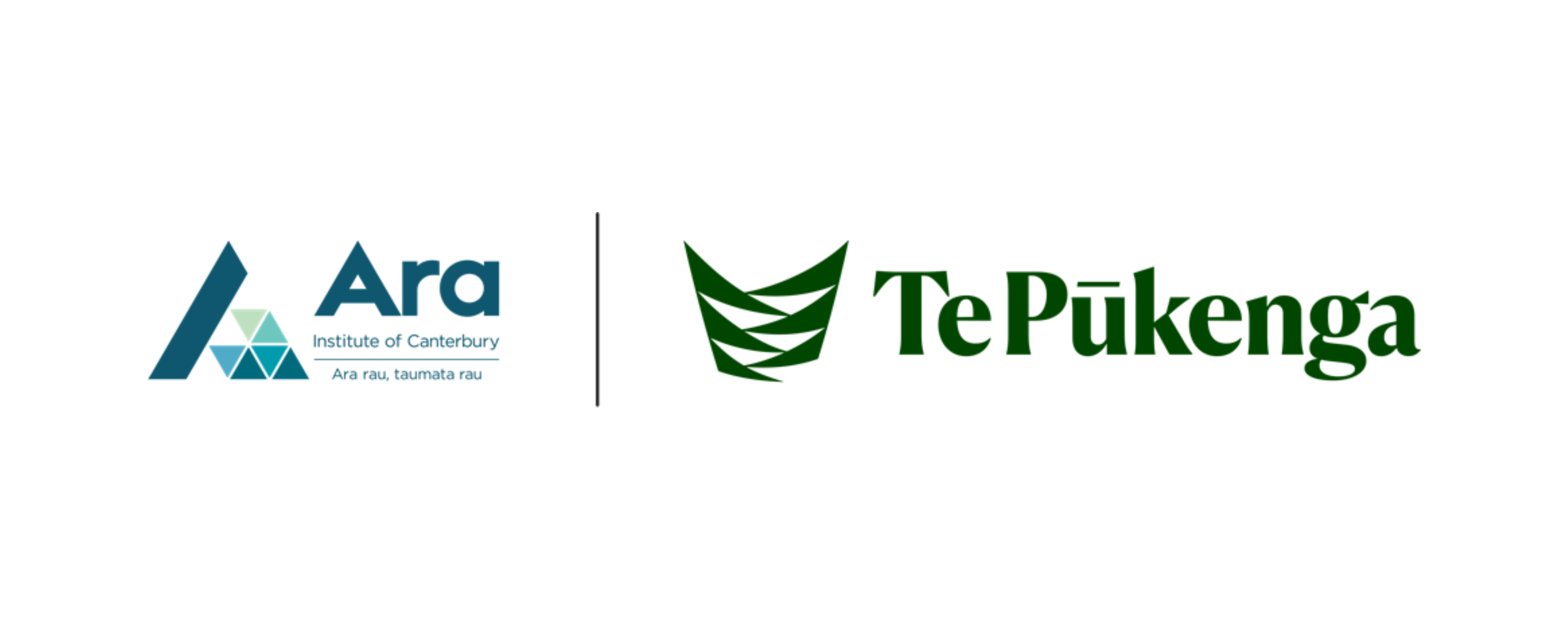



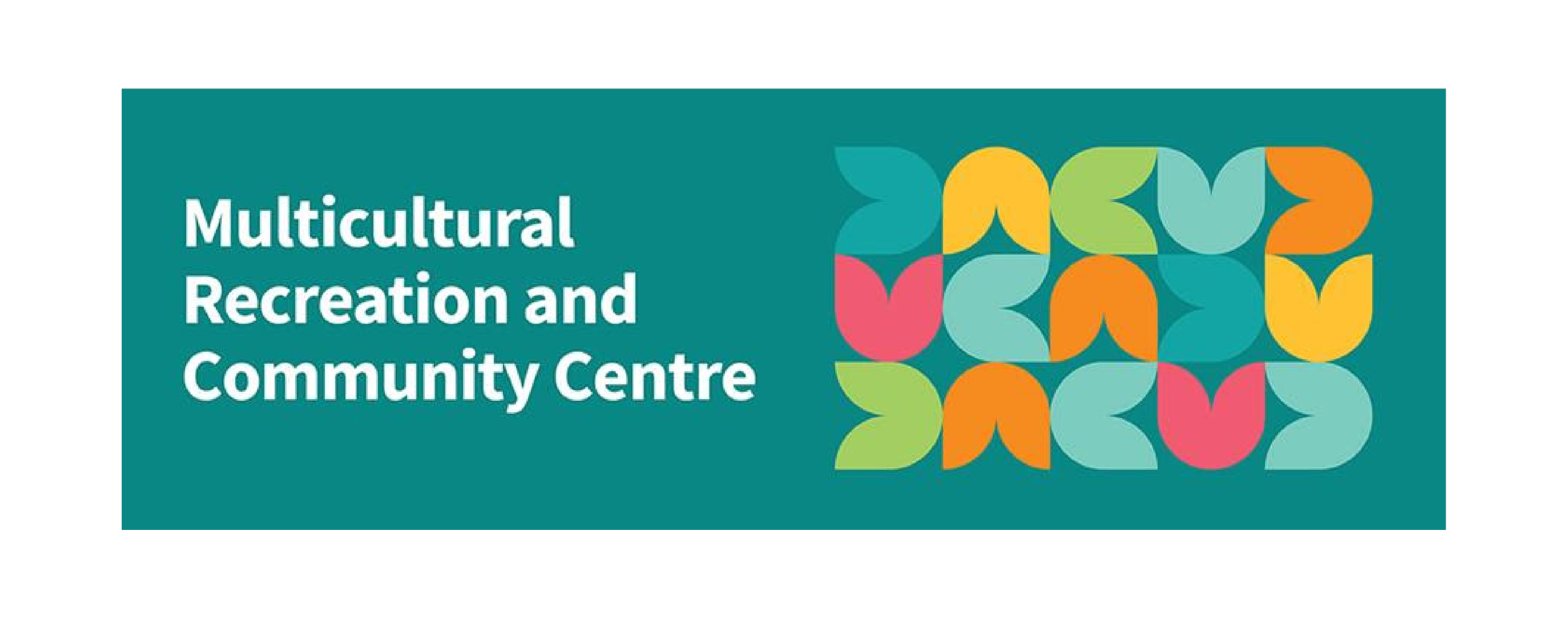

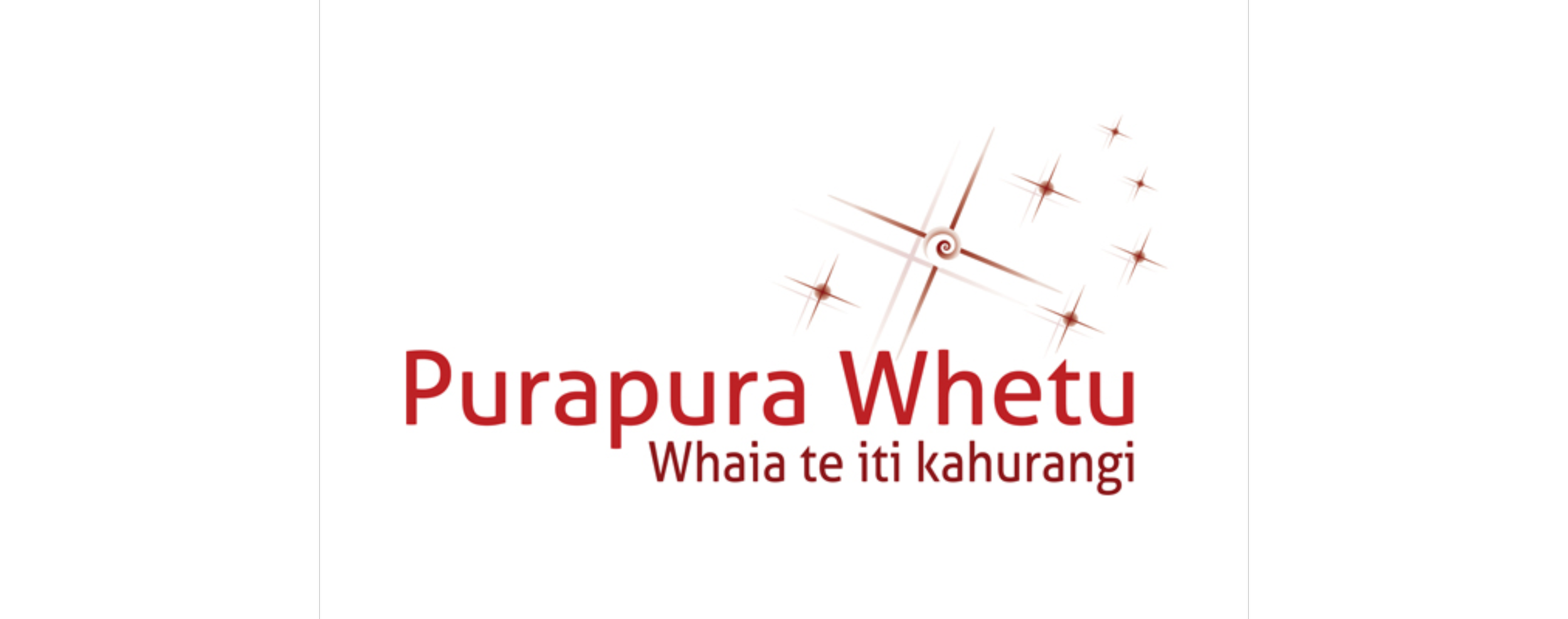

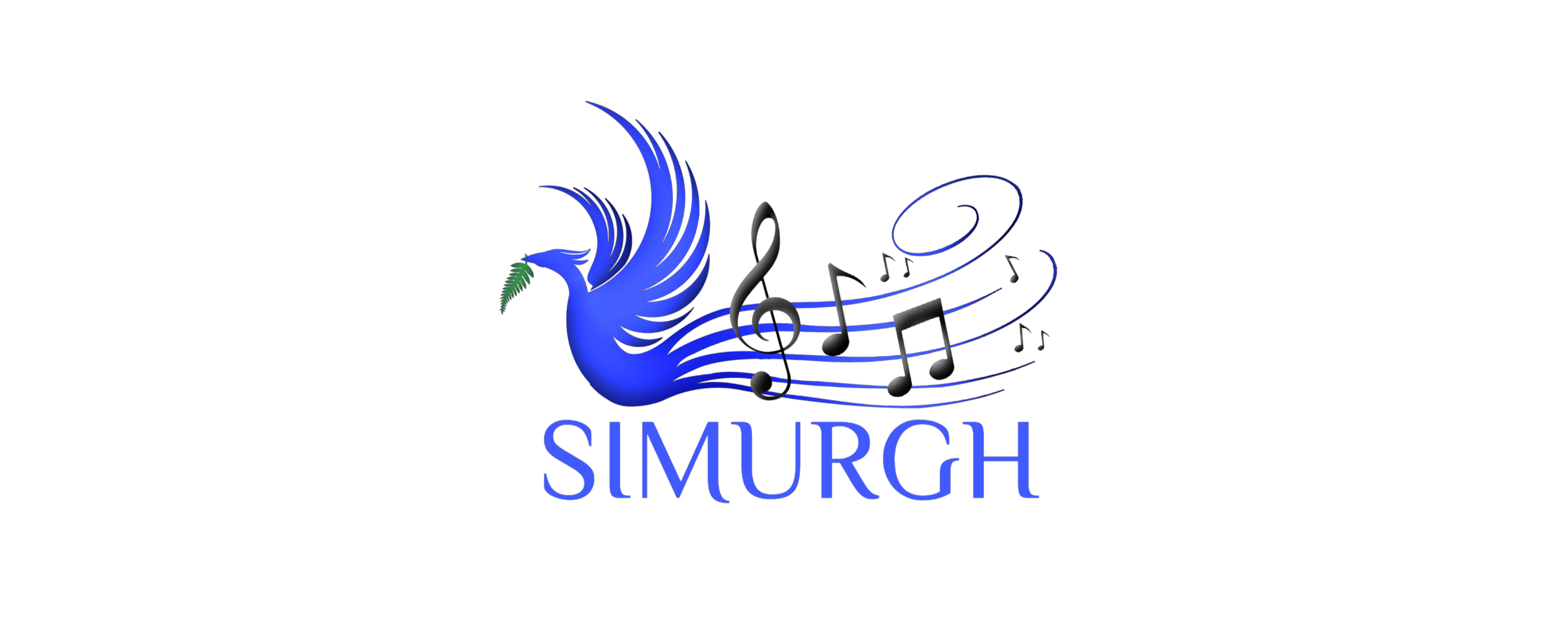


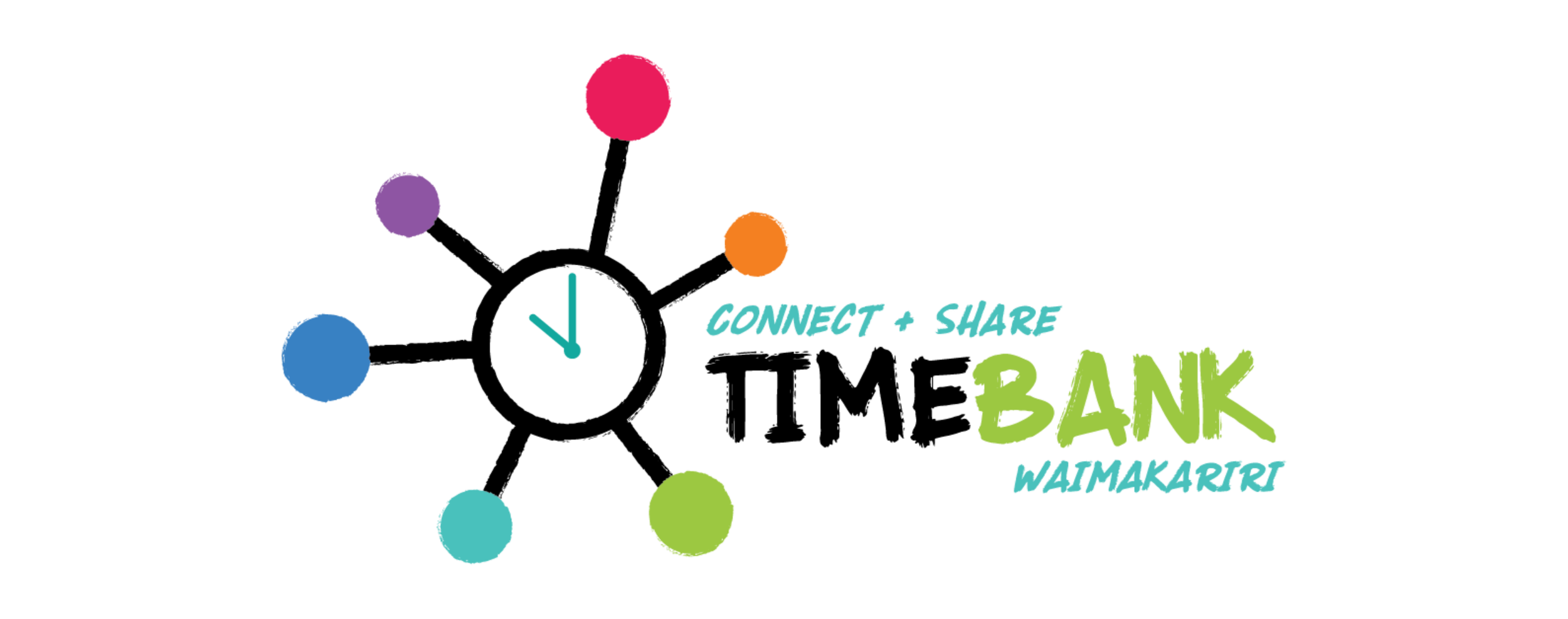



Our Supporting Partners
